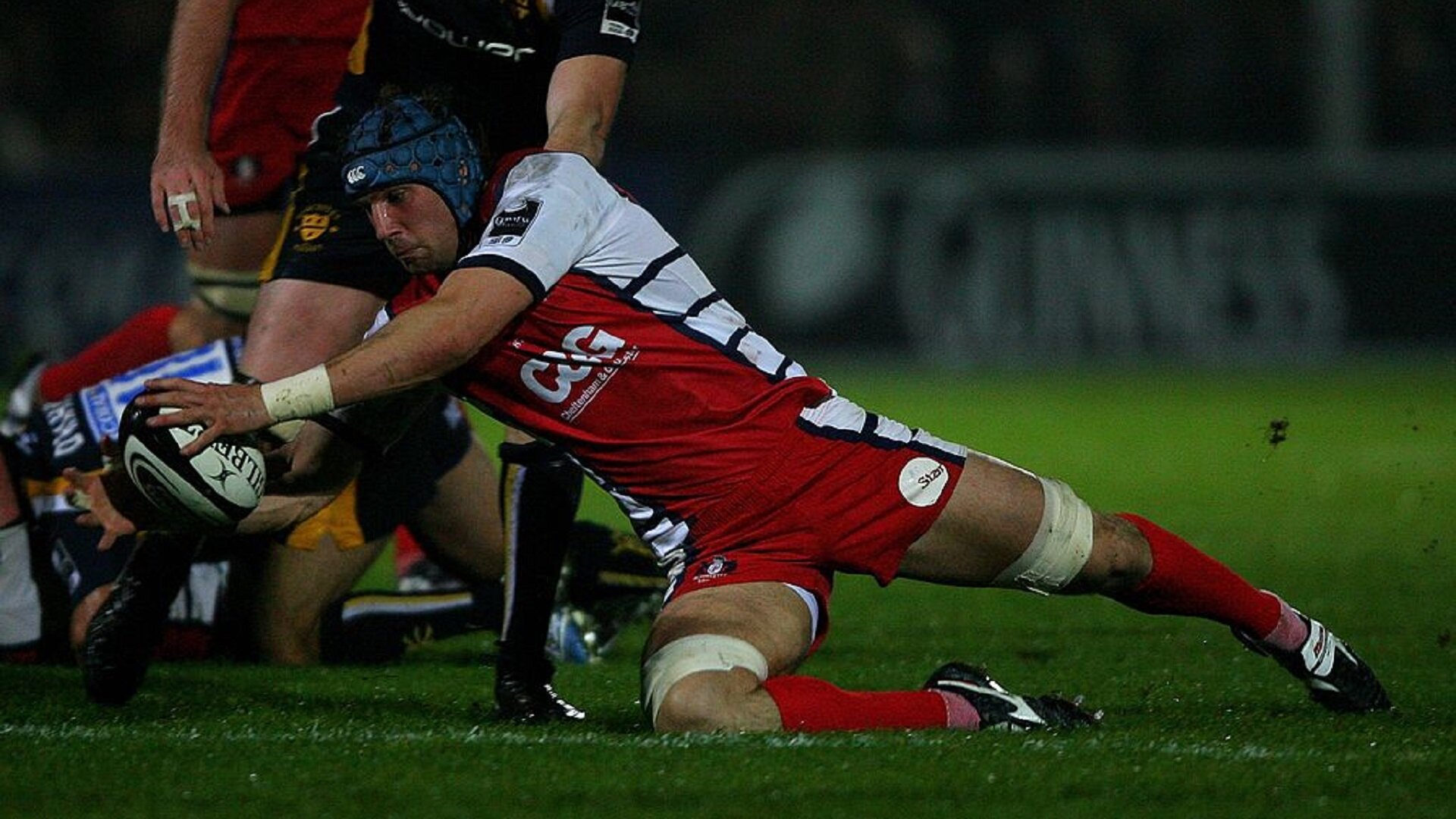RFU swoop for Pendlebury as England U18s head coach

Following on from England’s impressive Rugby World Cup campaign, the Rugby Football Union (RFU) have moved to fill the current vacancies in the age-grade pathway, with the governing body hiring Jonathan Pendlebury to serve as head coach of the under-18 side.
Pendlebury joins the RFU from Wasps, where he has held the position of academy manager since 2017, overseeing the development of the likes of Tom Willis, Alfie Barbeary and Jude Williams, among others. He also held the same position at Yorkshire Carnegie prior to joining Wasps two years ago.
The 36-year-old replaces Jim Mallinder, who departed for the Scottish Rugby Union earlier this year, taking on the role of performance director with the union. The acquisition of Pendlebury by the RFU represents a return to development coaches on the English pathway, after Mallinder joined Dean Ryan in the set-up in 2018, with both men having spent over a decade as performance coaches at various clubs.
On his hiring, Pendlebury said: “I’m really honoured and excited to be taking on this role with England Rugby and helping guide the next generation of talent coming through the international player pathway.
“I’ve thoroughly enjoyed my time at Wasps where, as a team, we’ve managed to develop and help a lot of fantastic young players progress through the system.
“I’m really proud of what myself and the Wasps Academy have achieved over the past couple of years and I’d like to thank the club and wish them the best of luck in the future.”
It's seemingly still business as usual at Saracens despite the salary cap saga as coveted South Africa reportedly set to sign https://t.co/hb4DVsfL4v
— RugbyPass (@RugbyPass) November 13, 2019
Pendlebury is set to work with head of regional academies Don Barrell and England team manager Richard Hill on talent identification in the 14 regional Premiership academies and at the school level, whilst he will also work with the incoming under-20 head coach to help players transition through the pathway.
The under-20s position is currently vacant following the split with Steve Bates earlier this year, whilst the role that Ryan vacated in order to take the director of rugby position at the Dragons, head of international player development, is also still to be filled. The RFU will be keen for a level of stability among the age-grade sides moving forward, with the pathway’s fortunes having diminished since the organisation parted ways with John Fletcher, Peter Walton and Russell Earnshaw last year.
Pendlebury’s first matches in charge of the side will come early in 2020 when the England under-18s play multiple standalone fixtures ahead of the U18 Six Nations Festival and the annual summer development tour.
The coming weeks are expected to be busy ones for the RFU, with not only the two other pathway positions to fill and announce, but also a review of England’s senior coaching staff, which is set to conclude on Thursday. England’s scrum coach Neal Hatley has already joined up with Bath, whilst forwards coach Steve Borthwick has been heavily and repeatedly linked with a role at Leicester Tigers.
Watch: Wales’ decision to play Jonathan Davies is now under scrutiny

















